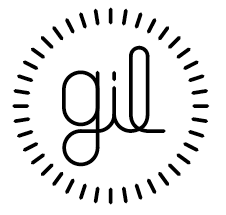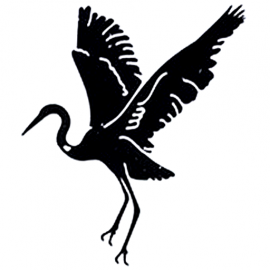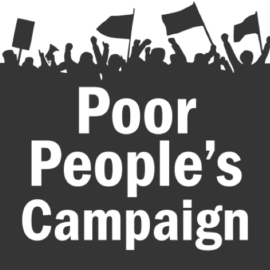If You're Not Busy Being Born - Creating A Playlist of "Hymns" for Today
What is the role that music plays in the formation of our spiritual lives? Wess tells a little of his story of music and how it has shaped his life.
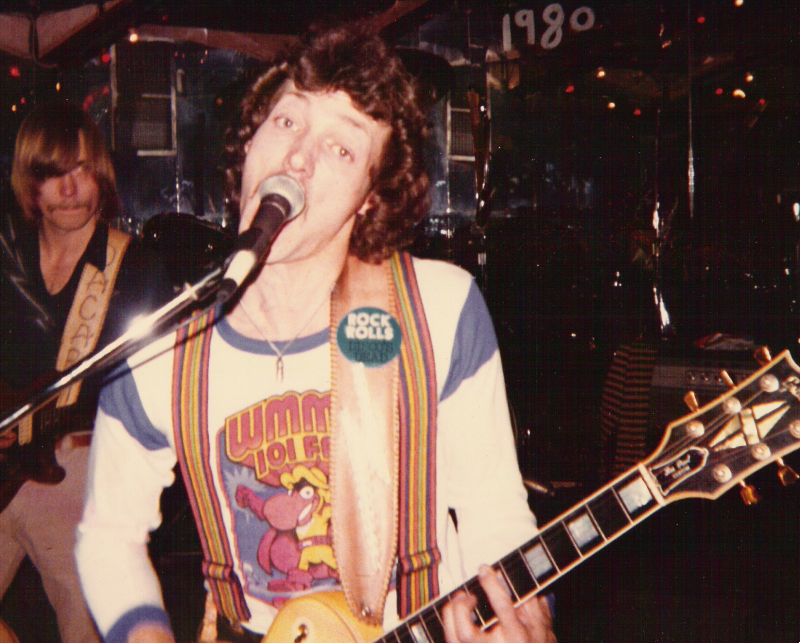
TLDR; I survey some of my history with music, some of the tensions I feel between the music of the rest of my life and "church music," and then I share a playlist of some of my favorite "hymns" of today.
I have been thinking about the role of music in our spiritual lives. This is partly because I see my kids feeling disconnected by the music we sing during our worship service, and I wonder what kind of music would inspire them and draw them in, while also offering the power that music as a liturgy of resistance has to offer a community of faith. Furthermore, I have been in the Quaker version of the ordination process, we call it "being recorded" and while there are some differences, this is the general idea (I'll share with you more about this soon). As we near the end of that process, I am beginning to think about the music that has meant a lot to me over the course of my life and ministry and what I'd like to share of that with our meeting.
Starting With A Full Catalog of Music
Music has played a central role in my life, identity-formation, and spirituality. There are a number of reasons for this but first and foremost, I think about my dad's love of music and skill as a musician. His music was a fixture of my childhood. It was also a point of pride in my young development. Having a dad who played rock n'roll on the weekends felt like having a dad who had a secret superpower. I thought, if only my friends could see him play for themselves then they'd believe me when I'd tell them how amazing he was. He was successful in passing down his love of music to me, if not his Eric Clapton-like guitar skills. Anytime we were in his Chevette hatchback during my bi-monthly visits, the cassette player turned. In between drum beats on the steering column, and the necessary harmonizing with the lead vocals, he would tell me the stories or any relevant context about who we were listening to: Michael Stanley Band, Huey Lewis and the News, Eric Clapton, Van Halen, Journey, Styx, Chicago, you get the idea.
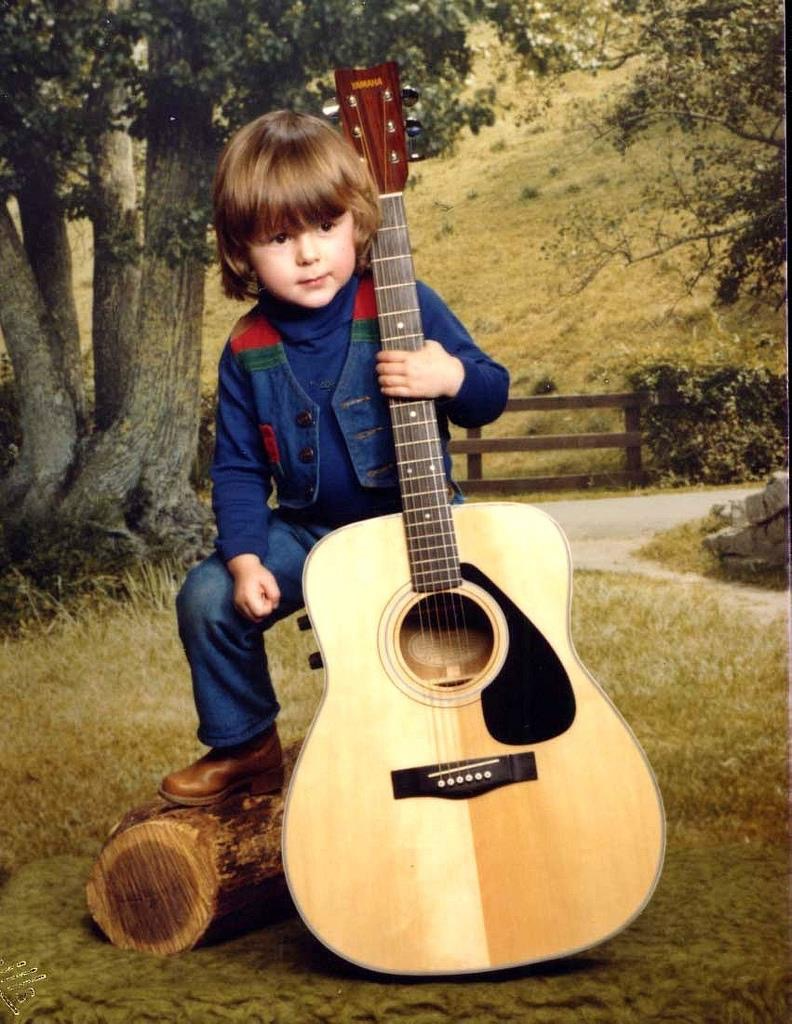
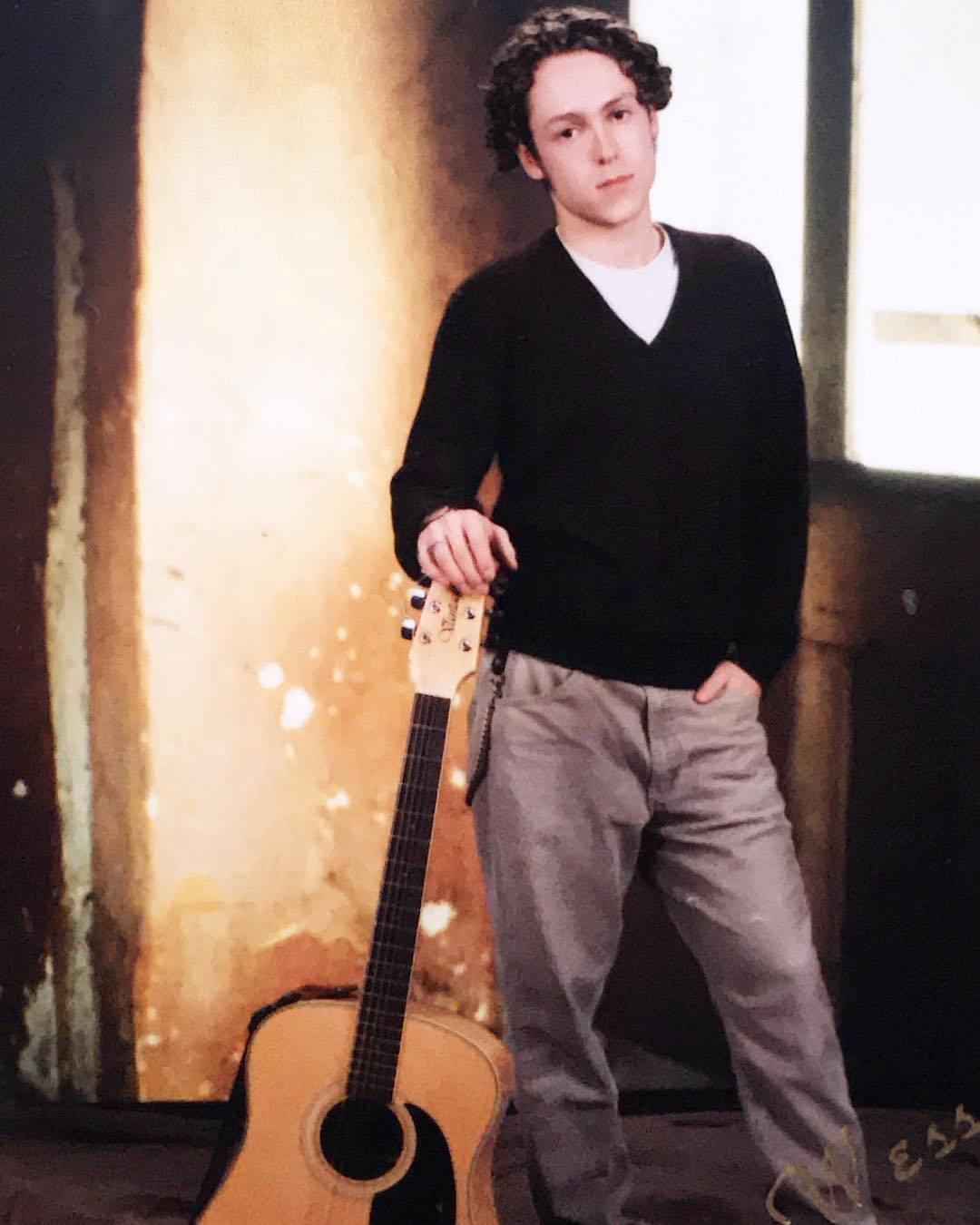
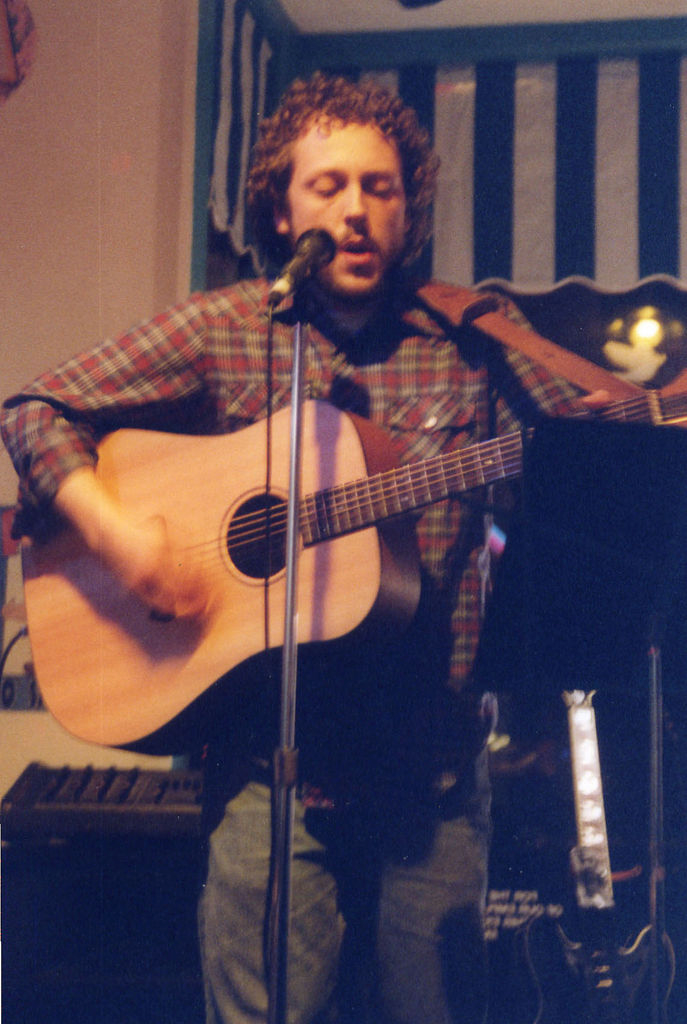
Who doesn't love sharing their senior photo online (middle), along with a picture from my childhood and my college years.
My mom was also a musician. She played clarinet in middle-school and was in the Canton McKinley high-school marching band. From what I gather, she was serious about it and pretty good. When I was in fifth grade, I desperately wanted to play saxophone (was it Kenny G's influence?! I wouldn't admit it if it was). Sensing this was more of an impulse than a serious pursuit, my mom gave me her clarinet. That way I could see if I really liked a woodwind. It turned out that wasn't the instrument for me. To be honest, back then I was more attracted to the rock n'roll vibe than what band had to offer so I traded the woodwinds for the piano and guitar. But her love of music carried over into her love for rock n'roll as well.
In the past, I've written pretty extensively about my step-dad's love of music (see below: Rebuilding the Collection: One Record and One Story at a Time). Notably, I used one of his favorite albums, Dark Side of the Moon, to access memories and process some of my own healing after he died by suicide. That process led to my writing, Suicide and The Things We Carry (see link below).
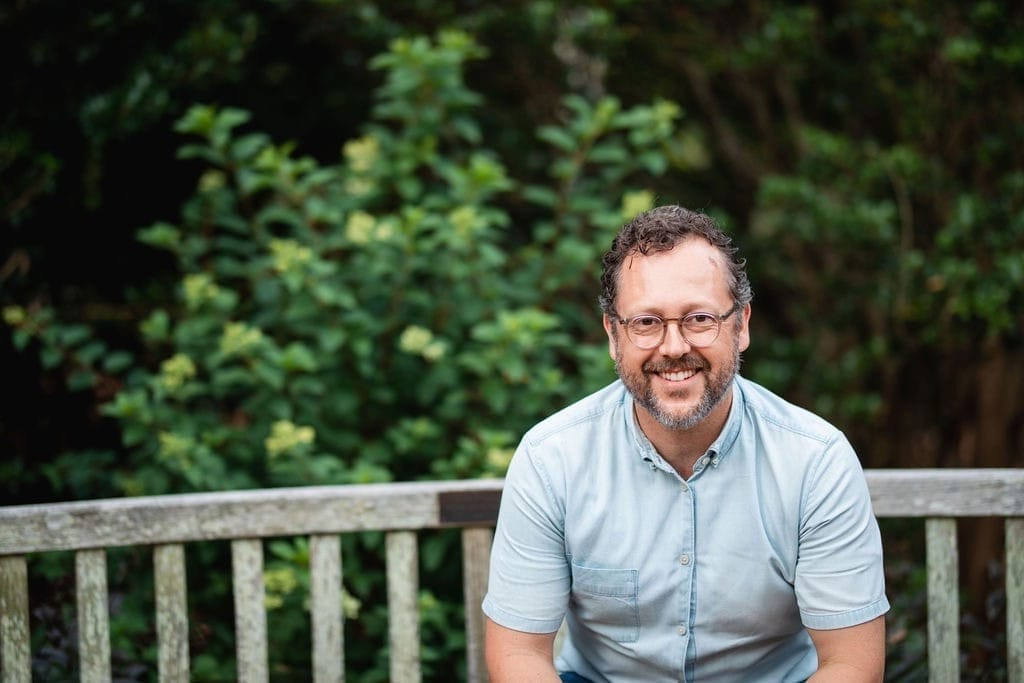
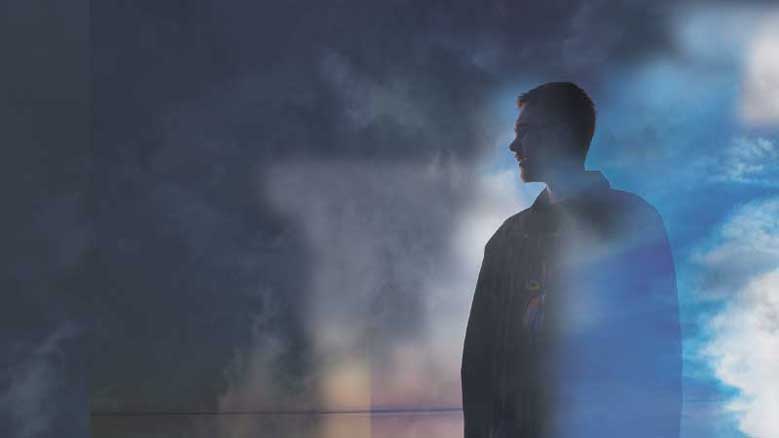
Besides having a childhood surrounded by some of the past century's best rock music, I tried my hand at being a musician. In middle-school I took piano lessons and in high school, I learned the guitar. I even tried my hand at recording some music and playing with a couple bands in college. Those are stories for another time. None of this was worth writing home about I assure you, but as is still true today, I enjoyed the process of creation and sharing with others.
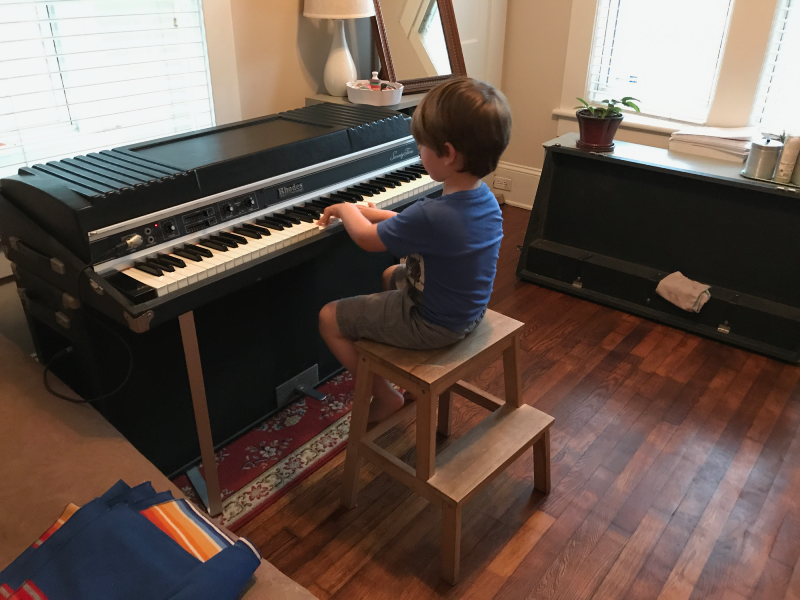
Today, I play my Rhodes and pick up one of my guitars less than I'd like, but it's still all in there. The music that fills our home now is a combination of records on the record player and a deep catalog of music we stream over the barely-intelligible HomePods sprinkled throughout the house. Emily also loves music, and much of our story together can be narrated by it: the time we camped at Purple Door together and I nearly died of an asthma attack, the music in our wedding ceremony, including but not limited to Henry Mancini & His Orchestra's Pink Panther, the times we've seen (and met) Karin and Linford from Over the Rhine, hung out with David Bazan of Pedro the Lion, and generally just surrounding ourselves with musician friends). We want to be surrounded by music and pass that love onto our kids.
The Christian Tapes
Query: What does music have to do with our spiritual lives? What role does it play in our formation?
We've all been given different messages around this depending on where and when you grew up. I hate to admit it but when I was in high school, 1993-97, I went through a phase where I destroyed all of my "secular music." Having recently attended an Acquire the Fire conference in the fall, I became convinced that "secular" music was bad for me. If I ingested enough of "the Devil's music" it would do bad things to my soul! I did not consider that by the time I heard that news, I had already consumed more than a lifetime of rock n'roll! In either case, this meant I surveyed my collection which was made up of some really good rap cassettes like Digable Planets (Reachin' (A New Refutation of Time and Space)), Dr. Dre' (The Chronic), A Tribe Called Quest (Low End Theory), Kris Kross (Totally Krossed Out), and Ice-Cube (AmeriKKKa’s Most Wanted). I had all of the Guns N' Roses albums, as well as Beatles, Queen, and other classics. The point is, some stuff I wish I still had in my collection!
I did what any other seventeen year old would do when convinced he was flagrantly sinning against his God while listening to "Cool like Dat" (seriously, one of my favorites OF ALL TIME). I had to destroy the temptation and keep others from being led astray. This is why hiding my cassettes away in a closet somewhere or giving them away was not an option. I invited my brothers to join me as I carried my box of cassettes out behind the barn to the concrete pad we used for our our make-shift basketball court. Sledgehammer in hand, we proceeded to smash at least 50 cassettes that evening. It is possible I saved a few, because they were too rare or to hard to part with, but the specifics of that memory have conveniently faded.
It only took a couple years for me to wake up from this hallucination and realize the distinction between secular and "Christian" music was bogus. Besides finding a few favorite band like Over The Rhine, Pedro the Lion, Relient K (we were friends with the members of the band), SFC, and Starflyer 59, it turned out I really didn't like Christian music. It wasn't all that good and I hated that it felt like its discourse was limited (does every song have to have the word God or Jesus for it to count?).
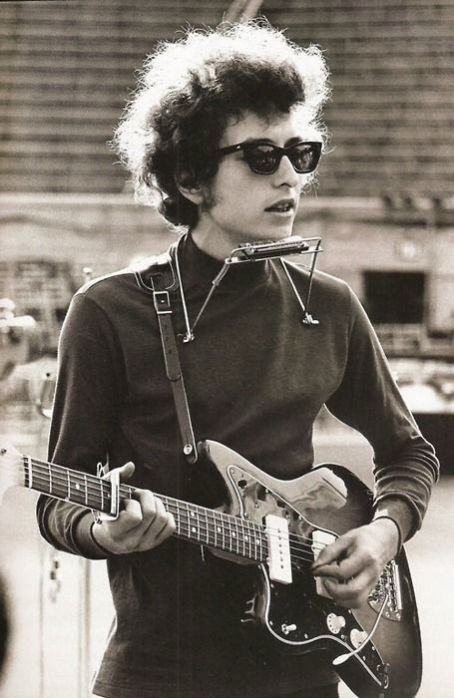
It was Dylan's fault, ultimately. More specifically, his three Christian albums eventually led me back to secular music. After hearing those, I loved his music so much that I wanted more. So I reached into the rest of his catalog, and starting with his early music, I was especially taken with his protest music. Once I was there, all bets were off. The heavens opened back up with flannels, guitar riffs, samples aplenty.
All of that earlier concern spilled over my secular music now feels more like contorting ourselves into strange theological positions to avoid things both beautiful and good. If you've ever heard Thom Yorke's vocals on a song like The Tourist, then you know how melody and harmony, a gentle guitar lead, timely brushes on a snare, and the lyrical prophetic pleading of "hey man, slow down..." can come from anywhere and transport you into another headspace very quickly. That song to me is an example of the good and beautiful I am talking about. Why work ourselves into a frenzy avoiding the beauty that comes through art like this?
A Little On Church Music
Similarly, I think, we run into issues when we only sing songs designated for worship music, and songs out of a hymnal. If you couldn't guess, I'm not really the biggest fan of hymns and I really don't like the organ all that much either, unless its the one on Arcade Fire's Intervention. Every once in awhile, I do find something that connects but I'm finicky and often, I prefer the silence. Otherwise, give me a solid beat, a Rhodes, guitar, and something that builds atmosphere. Give me lines to a song that help me to resist the evil in this world and unmask the powers that be. Help me sing in a way to connects me to other people and helps us build meaning together for our world today. Let's feel the sonic vibrations of our words ripple through the room and blend into one. Help me sing in a way that I see God around me, in me, in the earth, and in you.
I know this may be an unpopular take and I'm not trying to be mean when I say it, but I can't be the only GenXer who is a person of faith, really loves music, but is uninspired by much of what passes as Church music, whether it is the hymns or chorus music (which I find really lacking). Let me be clear, I don't have any problem with other people enjoying these modes. I am more reaching out and asking, "Is it just me?" I am sure many of you reading this love hymns, and that is totally fine by me. I understand why people love them, I just don't have that same connection to the music. Years ago, when I was still a young minister in Ohio, I learned a valuable lesson: the songs that people love are intimately connected to when they have felt the most spiritually alive. Especially for people who have grown up with the church as a primary social outlet, the music of that church and/or denomination often plays a deeply important role in their spiritual frame of reference. I appreciate this and it is part of why I continue to sing the songs on Sunday and do my best to put my heart and soul into them when I do. Another reason is, I want it to connect, I want to be a part of a community that sings and so even if the music and words don't always connect, I do it anyway.
But there is also difference between putting effort into something and the effortlessness that comes from a more immediate connection - where soul sings to soul.
Query: How do we account for the ways in which we come to music differently in our communities of faith?
I don't want a hard line between my music. There are hymns that I like. One that still gets me today is on Eagles Wings. That is a song we used to sing in Mass when I was in 8th grade and I loved it then and I love it now. That one is more about the nostalgia of the song, but still I love it. When I was in college, I played in a "worship band" with some friends, and I loved the music we did (a remix of hymns for a band with originals scattered throughout). That music was a highlight for me and every once in a while I pull out those old song sheets and play them to remember. Pedro the Lion's "Be Thou My Vision," is in the cannon as well.
On the other hand, I have had deeply spiritual experiences with "secular" music. One of the most powerful spiritual moments I've had was seeing Radiohead at Blossom in the early 2000s. I was engulfed in the songs from OK Computer and Kid A, many of those songs move me still. More recently, I was taken by surprise by the depth of a song I'd heard hundreds of times before. During my dad's funeral this past fall we listened to David Bowie's Space Oddity, a song he loved and covered often.
Hearing it in that space changed the perspective in unexpected ways. Now it was as if my dad could be singing those lines:
Now it's time to leave the capsule if you dare
This is Major Tom to Ground Control
I'm stepping through the door
And I'm floating in a most peculiar way
And the stars look very different today
For here am I sitting in a tin can
Far above the world
Planet Earth is blue
And there's nothing I can do
Though I'm past one hundred thousand miles
I'm feeling very still
And I think my spaceship knows which way to go
Tell my wife I love her very much she knows
Ground Control to Major Tom
Your circuit's dead, there's something wrong
Can you hear me, Major Tom?
Can you hear me, Major Tom?
Can you hear me, Major Tom?
Can you?
Not a dry eye in the room. And now, I can only hear this song in the context of my dad's floating off into space.
The songs I have connected with most in more worshipful settings have been those songs written by artists in those communities that reflect the values of that community, songs of protest, the spirituals, or folk music, original or handed down, with a positive moral/spiritual vibe. And sometimes, it just a line, or a certain point of view that changes a song for me for good, as in the case of Space Oddity.
The music we sing together in community should not just be a means to an end, but something that gets to us and carries us into the heart of the music itself. Music is mobile and can be there for you when you need it, like a mantra, a short prayer, a good song can change you from the inside out. It can go where you go and in a moment's notice be there to lift you up. What would it look like for our congregations to have a broader view of the power of song in community and what we sing together? How do we bring younger generations into this more as well?
Queries to Consider:
I would love to hear from you on these questions (email me at wess@gatheringinlight.com).
- What does music have to do with your spiritual life? What role has it played in your formation?
- What music has been there for you when you needed it? What is your relationship to different types of music?
- How do we account for the ways in which we come to music differently in our communities of faith?
- What would it look like for our congregations to have a broader view of the power of song in community and what we sing together?
Make a Playlist Of Your "Hymns"
Next, take a little time this week to create "a modern hymnal" playlist (get more creative with the name than that). I will share mine below but here are a few things to keep in mind when building the list.
- Look for any songs that move you spiritually - you get to define what that means to you.
- Songs that hold meaning for you from your life (Like Bowie's Space Oddity was for me).
- Songs that have a particular idea or meaning that you want to meditate on
- Songs that lift your spirits or help you connect with emotions or experiences that are hard for you to access otherwise
- Songs that have lyrics that can become a simple prayer
- It's totally fine if some of these are explicitly religious songs. I would encourage you to try and have a mix of kinds of music to blur our lines and categories.
My Playlist: If You're Not Busy Being Born - Hymns for Today
Seth Martin Singing Malvina Reynolds' "God Bless the Grass"
Here is my current playlist and a link to Apple Music if you'd like to give it a listen (most of the songs are on here). See below for a few resources if you're looking for new music.
👉🎵 Listen to "If You're Not Busy Being Born" on Apple Music Playlist
- Look to the Hills - Seth Martin
- Will the Circle be Unbroken - Pops Staples
- God is Love - The Innocence Mission
- We Get By - Mavis Staples
- Let you Down - Over The Rhine
- Pillar of Truth - Lucy Dacus
- John the Revelator - The Original Delta Blues
- A Hard Rain's A-Gonna Fall - Bob Dylan
- Blood of the Lamb - Billy Bragg and Wilco
- Birmingham - Shovels & Ropes
- Strangers - Black Pumas
- Fireweed Mountain - Seth Martin and the Menders
- I Shall Be Released - Bob Dylan
- The Man Comes Around - Johnny Cash
- I Won't Back Down - Johnny Cash
- Quietest Friend - Pedro the Lion
- 10,000 Miles - Bonny Light Horseman
- All Along the Watchtower - Bob Dylan
- Landslide - Fleetwood mac
- The Book of Right-On - Joanna Newsom
- Magazine - Pedro the Lion
- Right On - The Roots
- God Bless the Grass - Malvina Reynolds
- You Are Not Alone - Mavis Staples
- Ash Wednesday - Elvis Perkins
- All My Favorite People - Over The Rhine
- Either Way - Wilco
- Shampoo - Elvis Perkins
- Days Like This - Over the Rhine
- Holy Ghost - low
- Lucky - Radiohead
- Hey - Elvis Perkins
- Luistiana - Andrew Bird
- Weeping Mary - Elvis Perkins
- My Father's Body - OTR
- Beginner's Heart - Mutual Benefit
- Weird Fishes/Arpeggi - Radiohead
- Blessings - Chance
- All I Need is Everything - OTR
- Comeback Kid - Sharon Van Etten
- Age of Anxiety - Arcade Fire
- The Weight - With Mavis Staples, Nick Lowe and Wilco
- You Are Not Alone - Staples and Jeff Tweedy
- Holy Ghost - Mavis Staples
- Space Oddity - David Bowie
- All Things Must Pass - George Harrison
- Good Feeling - Pedro the Lion
You can Listen on Apple Music.
A Few Musical Resources
Finally, here are a few places I have found meaningful, heartfelt music that is really well done and speaks to me if you're interested in digging in some more.
Seth Martin's Music
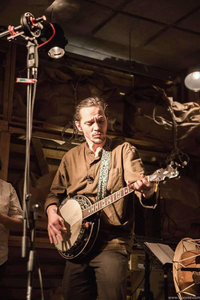
Over the Rhine's Music
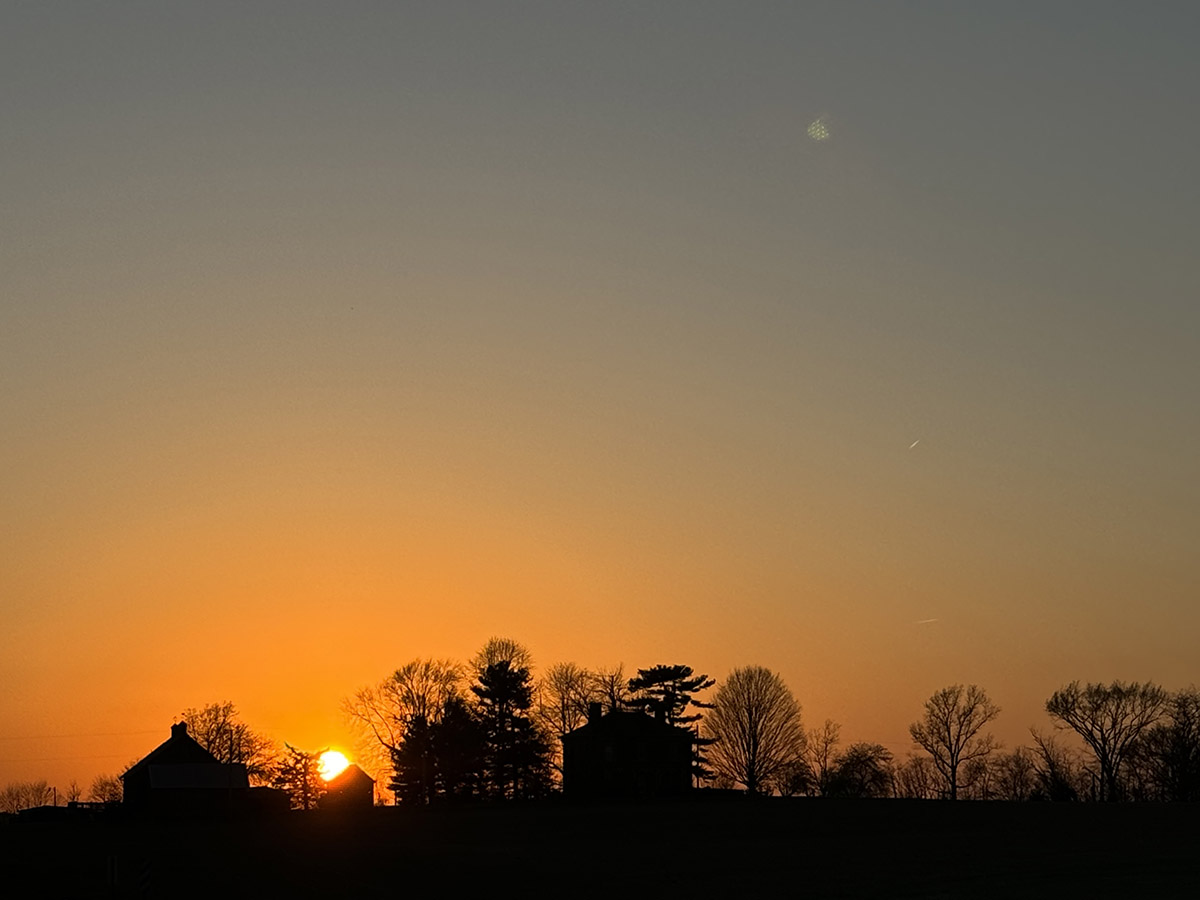
The Innocence Mission
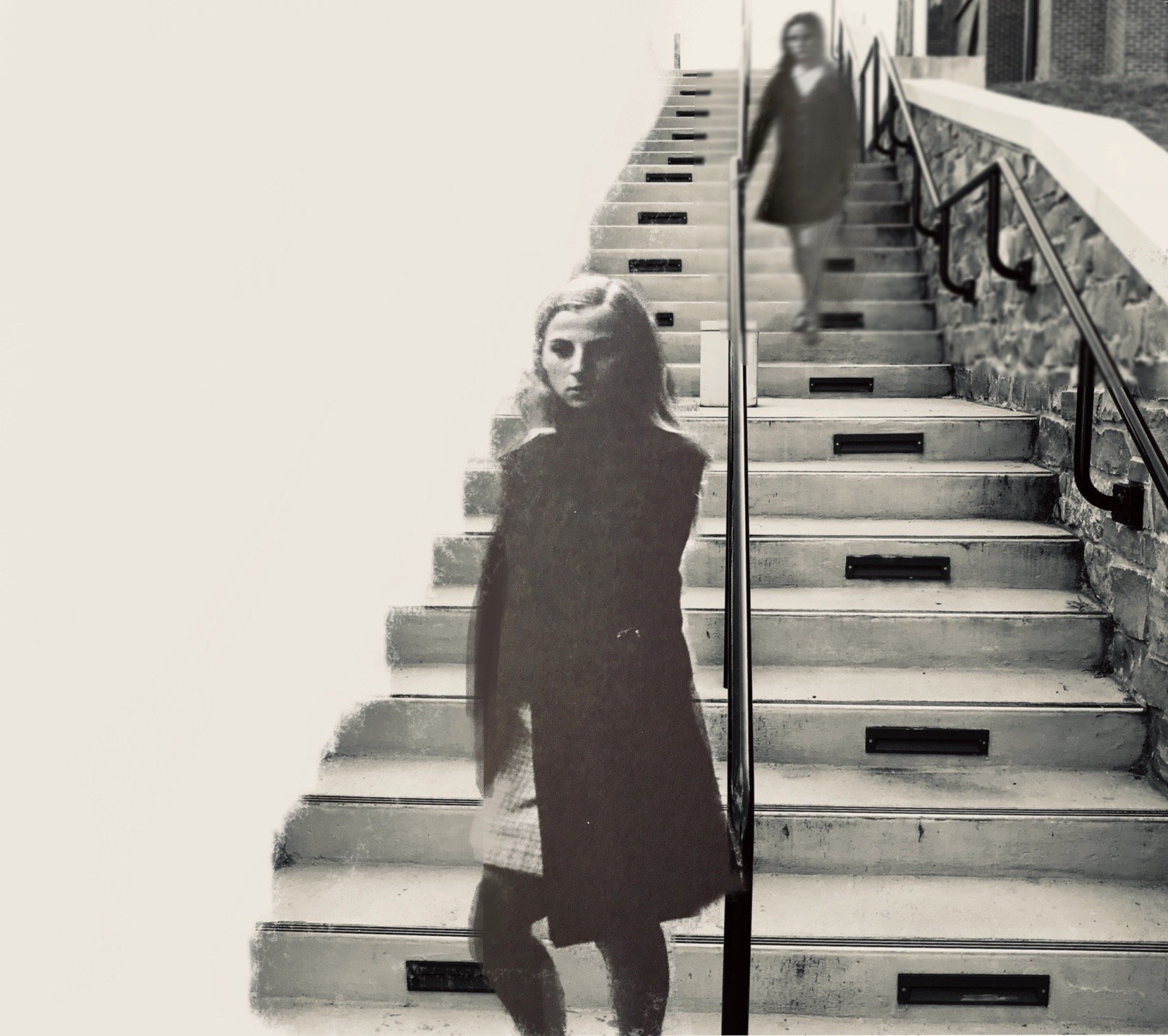
Rise Up And Sing And Rise Again Songbooks


Sing the Journey: Mennonite Songbook

We Rise: A Movement Songbook from the Poor People's Campaign
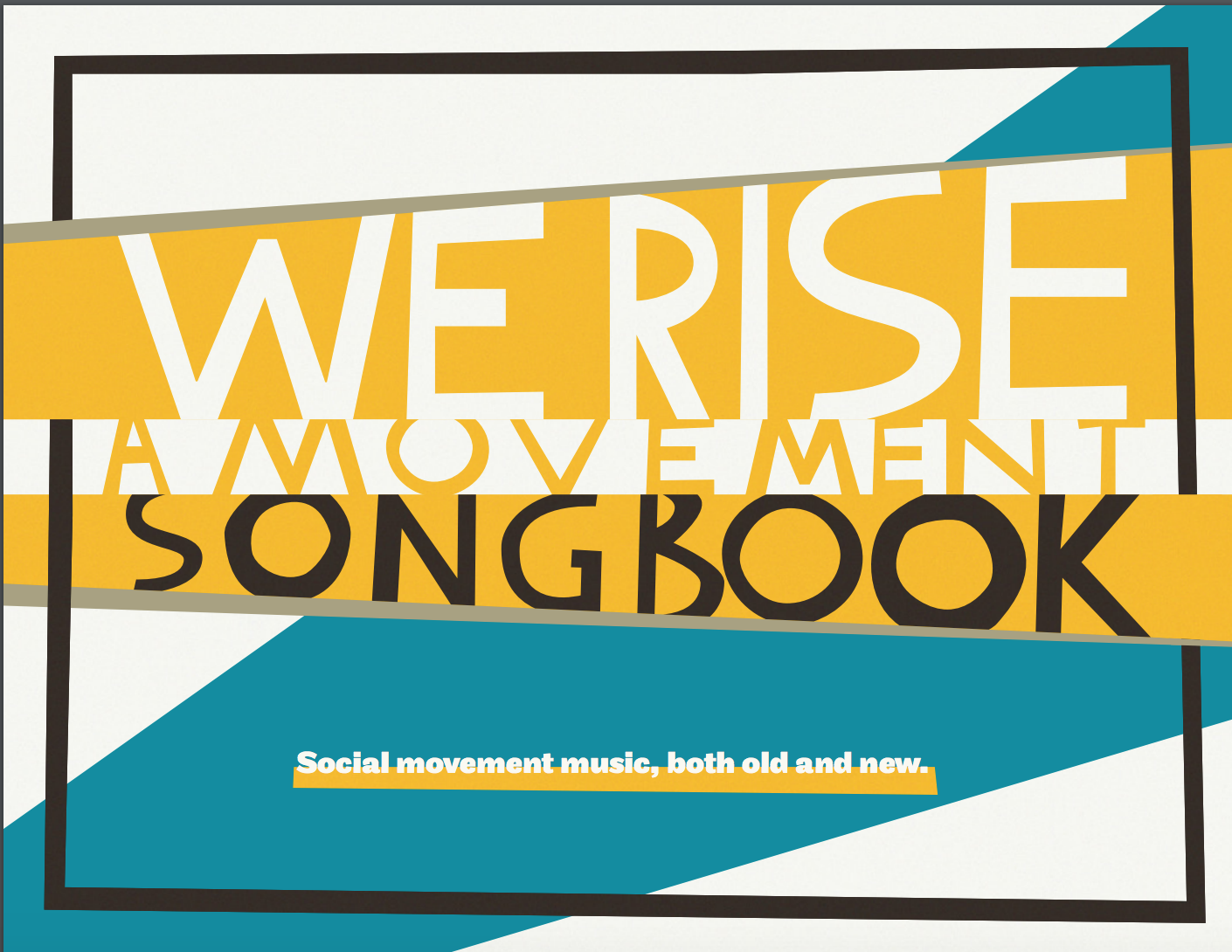
Thanks for reading. If you're like to be in touch with questions, comments, or feedback please send me an email at wess@gatheringinlight.com.
